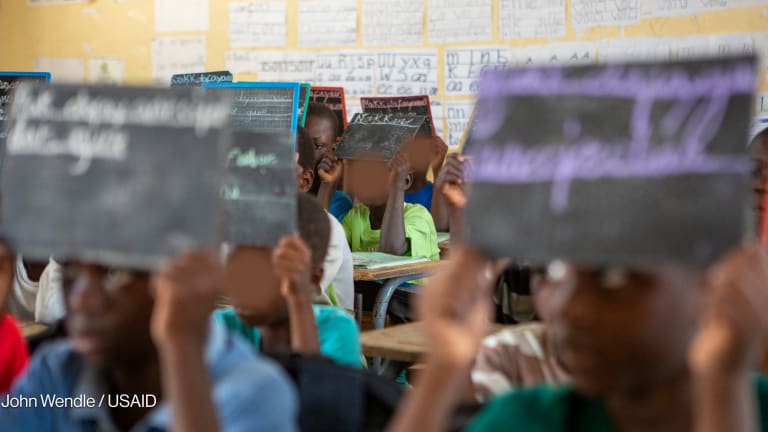EDC, a global education NGO, has launched a new strategy, name, and logo as it seeks to work more on cross-cutting actions across education, climate change, health, and workforce development to meet the needs of a rapidly changing world.
The America-based nonprofit was founded in 1958 by a group of physicists from the Massachusetts Institute of Technology who were concerned about the way science was being taught in United States schools. This led to the development of a pioneering inquiry-based approach to teaching science in schools, which was translated to countries in Africa through the African Primary Science Program in the 1960s.
Since then, the organization, whose revenue totaled $200.7 million in 2023 and was formerly known as the Education Development Center, has grown to work on education, nutrition, and skills projects across 80 countries, including foundational literacy, suicide prevention, and HIV prevention.
Search for articles
Most Read
- 1
- 2
- 3
- 4
- 5








